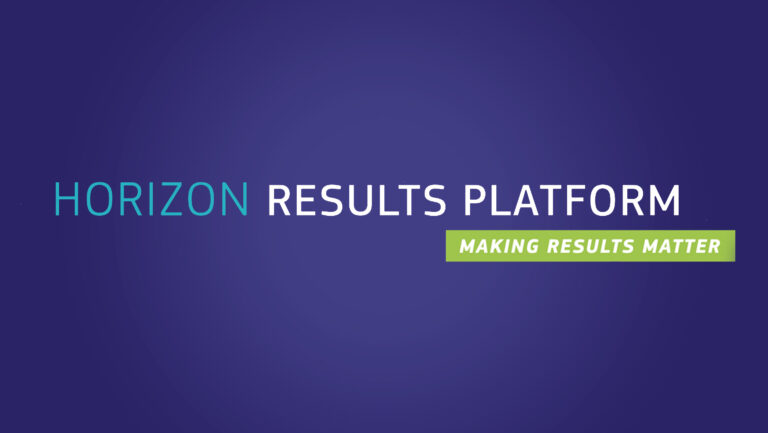Summary
The STORM project has successfully developed an innovative district heating and cooling network controller, based on self-learning algorithms, which was deployed and tested in two demo sites.The STORM controller reduces peaks in district heating networks, interacts with the electricity market and can balance different districts in order to reduce operational and lower investments costs for district heating network operators. .
Result description
In the STORM project a generic district heating and cooling (DHC) network controller was developed and demonstrated, with the ambition to decrease the use of fossil fuels and to increase the use of excess heat and renewable energy sources in the DHC network. The partners have developed innovative algorithms, implemented them in district heating network controllers and collected data and measurements of DHC networks to evaluate the technology’s performance.
In the Swedish demo site, long term peak heat reduction of 12,75 % has been achieved, with monthly maximums at 57 %. In the demo in The Netherlands, potential capacity improvements of 42,1 % have been shown due to distribution optimisation. Market interaction showed 15 % improvement for CHP optimisation.
Addressing target audiences and expressing needs
- I/we wish to transfer my/our IPR to an interested party
- Expanding to more markets /finding new customers
Create business opportunity on a European and global scale.
- Public or private funding institutions
- Other Actors who can help us fulfil our market potential
R&D, Technology and Innovation aspects
The STORM technology is being used in several commercial grid projects and has a proven track-record. Current development focuses on large-scale robustness and replication potential relating to both technology advances and business models.
Our business model is scalable to serve many customers and applications. The technology is well supported by business developes together with researchers. Due to the standarisation of our technology wa can scale our technology to multiple buildings and district heating networks.
Our technology is embedded in a long therm technical roadmap (time horizon 5 – 10 years) which provide future R & D developments, fundings and other deplyments. Our technology will be extended with future features such as return temperature reduction, market-based operation, etc. so the technology can be replicated in other geographical markets and other market applications.
Our technology and business model are sustainable. Our technology does provide benefits for solution providers and network operators. STORM is a self-learning software controller that shifts heat demand to times when sustainable energy is cheap and available. STORM can help your customers make significant steps towards digitalisation of their heating networks. STORM uses the thermal mass of the building itself to respond to peaks in heat demand. STORM enables you to connect more heat customers to your existing network while continuing to guarantee your production capacity without additional investments in infrastructure and production resources.
- Europe
Result submitted to Horizon Results Platform by NODAIS AB

